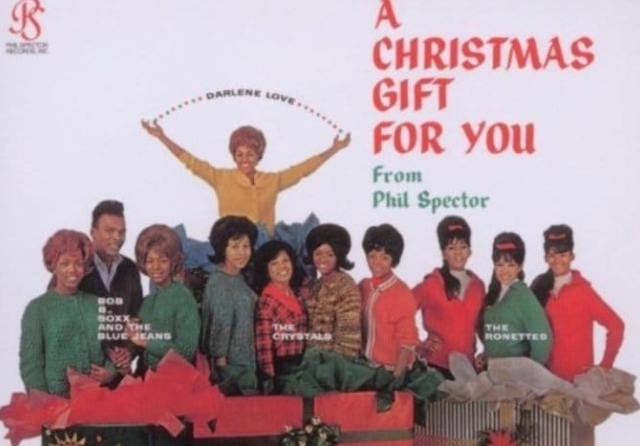An Oral History Of SNL’s ‘Christmastime For The Jews’
The Words


The assembled writers on ‘Christmastime For The Jews’ have gone on to do a lot of work over the last 13 years, but each still (kind of) recalls their contributions to the piece and their favorite lines.
Smigel: [Songs] always started with the comedy idea. This one, I had the tune and I didn’t have the idea. I sat on it for a while and I had something about “Christmas all over the world” and “let’s not be assholes on Christmas.” Then I just hit the cliche of Jewish people eating Chinese food. So, first came the music, then I had the idea, and I started to write a rough draft of the song.
Jacobson: I wrote a bunch of ideas based on the song that he sent and emailed them. I think I have two, maybe three lines in the whole thing. Smigel thought I had something to do with the Seinfeld nativity scene — which sounds possible. And the other thing that seemed kinda familiar was the Lakers line.
Julie Klausner (writer): I don’t think I wrote The Daily Show one. It was the Fiddler On The Roof one. I’m sure my jokes were all crap. I’m sure Robert picked a good one. It’s also so hard when you’re writing a song. I feel like it’s the ultimate crossword puzzle, like you know what you want to say but it doesn’t have enough syllables so it doesn’t rhyme. And the thing that does rhyme, you’re like, “Is that what I want to say?”
Drysdale: Maybe I wrote The Daily Show joke?
Smigel: The circumcising grateful squirrels one — I don’t know why I had that. That’s like my favorite joke because it’s just nonsensical. It’s a very sweet moment.
Scharff: When Robert wrote the song I was on the floor laughing. Hysterical. “This is great! I feel this! We need this!”
Gold: I laughed out loud when I first read the script. I had nothing to do with punching up the lyrics. Maybe in a couple of places where it musically would work if you get rid of a “the” or an “is,” or things like that that would help make it into more of a song.
The Music


Though he’s a pariah and convicted murderer now, Phil Spector’s long-ago impact on music, and specifically Christmas music, endures and stands as an obvious influence for ‘Christmastime For The Jews.’
Smigel: I love the A Christmas Gift For You From Phil Spector album so much. I saw Darlene Love sing at The Bottom Line, this club down by NYU in Manhattan. I think this was the early ’80s. Every year, Paul Shaffer, I think, would set it up. They would do that album, which is just all Wall Of Sound versions of Christmas classics as well as the song “Christmas (Baby, Please Come Home),” which was written for that album and which Darlene Love did on the Letterman show for 25 years.
Drysdale: I actually don’t know if I was singled out [to submit jokes] because I had worked with him before or because he knew that I have a very special interest in ’60s girl group music. I can tell you the difference between a Crystal song and a Blossoms song and a Blue Jeans song. I was so excited when I got the call because, you know, it was the Phil Spector Christmas album in college that really turned me on to that kind of music. It became a huge obsession of mine.
Smigel: “Christmastime For The Jews” sounds amazingly like the songs on that album in terms of production and… Phil Spector used 100 musicians, layering instruments on top of each other to create that echo, kind of walled sound effect. Steve Gold did it with… you can ask him how many musicians he used, but it’s really amazing how close he came to approximating that sound. My cartoons had a nice budget, but we couldn’t afford to hire as many musicians as Phil Spector hired.
Gold: We had Jimmy Vivino playing guitar and Rich Pagano on drums. Vivino worked with Smigel for many years and he’s really good at any era or genre. He’ll know which guitar to use or which amp to use. He was very helpful in producing his guitar parts where they were doubled and tripled. Pagano was great. He really nailed it. I played a lot of the instruments. I played the piano and I played the other keyboards and the sleigh bell and we did strings, but they were all samples. We didn’t really have a string section. Of course, it’s all because of budget. I’ve been doing that for years for SNL. I would be able to deliver something under budget without having 30 musicians playing by using modern technology of samples and synthesizers and all that.
